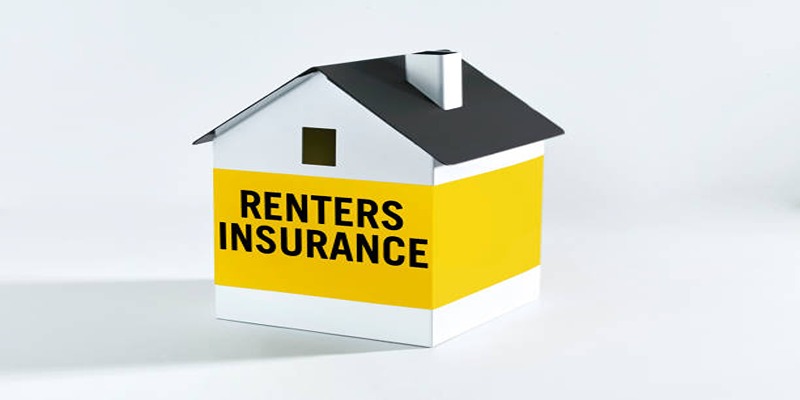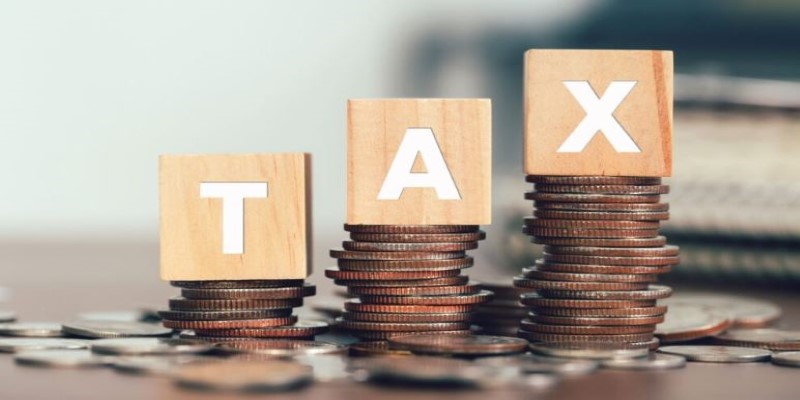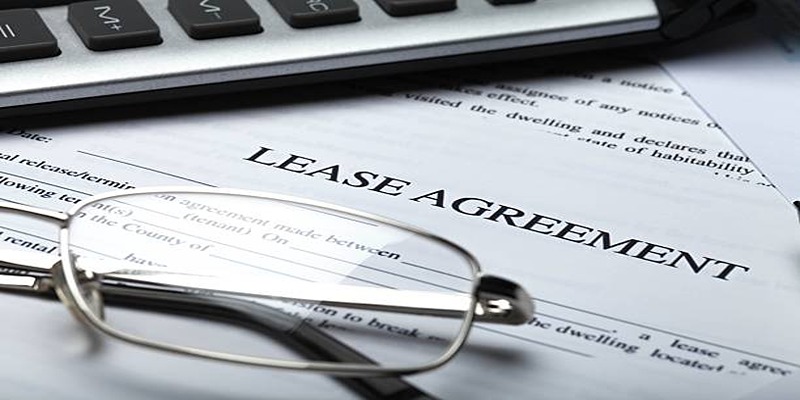When faced with overwhelming debt, debt settlement can seem like a lifeline. But while this financial solution might lighten your monetary load, it also carries significant implications for your credit report. Whether you’ve just started exploring debt settlement or are actively negotiating with creditors, it’s essential to understand how this decision can affect your creditworthiness.
What Is Debt Settlement?
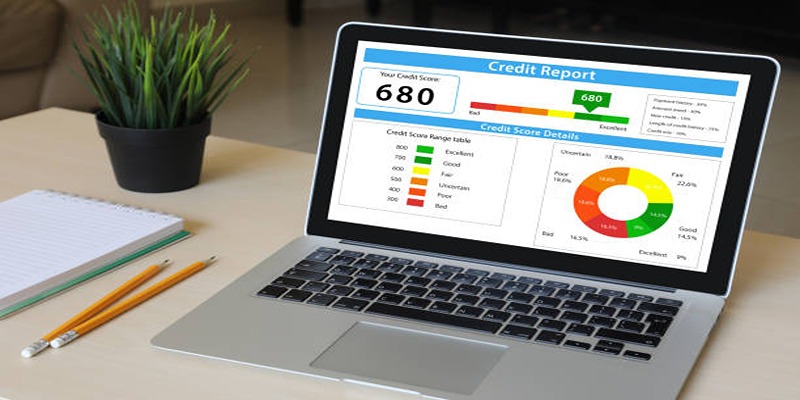
Debt settlement is an agreement between you and your creditors to settle for less than the full amount you owe. Typically, this involves negotiating a lump-sum payment that satisfies your debt obligations. For example, if you owe $10,000, your creditor might agree to accept $6,000 as full payment.
While debt settlement can help you get out of debt faster than making minimum payments, it’s not without drawbacks. The process requires you to stop making payments on your accounts, leading to potential overdue marks on your credit report. This strategy is usually employed as a last resort due to its impacts on credit health.
How Debt Settlement Affects Your Credit Report
Your credit report plays a vital role in determining your financial health. Unfortunately, debt settlement is seen as a negative action by credit reporting agencies. Here’s how it can impact the key elements of your credit report:
1. Late Payments Hurt Your Payment History
Payment history makes up 35% of your FICO credit score. To negotiate a debt settlement, you’ll often need to stop making payments, which prompts creditors to accept a settlement offer. However, these missed payments will be reported as delinquent on your credit report for up to seven years.
Even after the account is settled, previous missed payments remain on your report, potentially lowering your score.
2. "Settled" Status Lowers Creditworthiness
Once your debt is resolved, creditors will update your account status to "Settled" rather than "Paid in Full." While this is better than "Unpaid" or "Charged Off," it signals to lenders that you didn’t fulfill the original terms of your agreement, making you appear riskier to future creditors.
3. Collections Accounts and Charge-Offs
If you and your creditor can’t come to an agreement right away, they may send your account to collections or mark it as "Charged Off." Both scenarios significantly damage your credit score and remain on your report for seven years. This is common in cases where settlement negotiations drag out.
4. Credit Score Drop
Debt settlement can cause a drastic drop in your credit score, depending on your starting point. On average, consumers can see a decrease of 100 to 200 points, particularly if their credit history was good before settlement.
Fortunately, the impact diminishes over time. Negative marks weigh less heavily on your credit score as they age.
Should You Consider Debt Settlement Despite Its Risks?
While settling a debt does damage your credit score, it’s not always a bad decision. It may make sense if the alternative is more severe financial distress, such as bankruptcy. Here are some factors to consider:
- Potential Credit Score Recovery: Though the initial impact is negative, recovering from debt settlement is often faster than recovering from bankruptcy.
- Less Stress: Debt settlement can eliminate creditor harassment and give you peace of mind.
- Avoiding Bankruptcy: Bankruptcy has a more severe and longer-lasting impact on your credit report (up to 10 years).
How to Rebuild Credit After Debt Settlement
Debt settlement isn’t the end of your financial story. With intentional effort, you can repair your credit score and regain financial stability. Here are some actionable tips:
1. Review Your Credit Report
Start by pulling a free copy of your credit report from the three major credit bureaus (Equifax, Experian, and TransUnion). Check for errors or inaccuracies related to the settled account. If you find a mistake, dispute it immediately.
You’re entitled to one free credit report per year from each bureau through AnnualCreditReport.com.
2. Build Positive Payment History
To offset the damage done by missed payments, focus on making on-time payments moving forward. Consistency is key to rebuilding trust with lenders.
Set up automated payments to stay on top of your due dates effortlessly.
3. Reduce Credit Utilization
Credit utilization refers to the percentage of your available credit you’re using. Lowering this ratio is one of the quickest ways to improve your credit score. Aim to keep utilization below 30% of your total credit limit (ideally below 10%).
Example
If you have a credit line of $5,000, your balance should not exceed $1,500.
Explore Secured Credit Cards
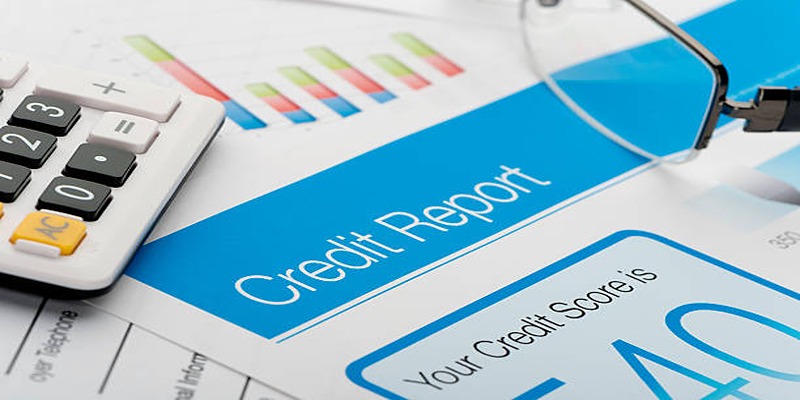
Secured credit cards are excellent tools for demonstrating responsible usage. With these cards, you provide a refundable security deposit, which serves as your credit limit. Use the card to make small purchases and pay off the balance in full each month.
5. Consider Credit Builder Loans
Some lenders offer credit-builder loans designed specifically to improve credit scores. These loans are held in a savings account while you make monthly payments. Once the loan is fully repaid, you receive the funds, and your positive payment history is reported to credit bureaus.
6. Be Patient
Improving your credit score is a marathon, not a sprint. Negative marks like "settled" accounts will fade over time, typically after seven years. Focus on building strong financial habits to maintain long-term progress.
Final Thoughts
Debt settlement can impact your credit report but also offers relief from overwhelming debt. Weigh the pros and cons carefully and plan your recovery. Consult a trusted financial advisor to guide you through the process and help you make the best decision. Remember, financial setbacks aren’t permanent. With proactive steps, you can rebuild your credit score, regain financial control, and work towards a more secure and stable future.






